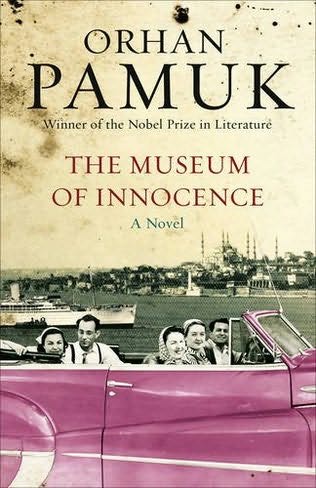כתוב בעפרון בקרון החתום
דן פגיס
כאן במשלוח הזה
אני חוה
עם הבל בני
אם תראו את בני הגדול
קין בן אדם
תגידו לו שאני
I’ve taken the liberty of posting the original Hebrew version of this poem, which, for some reason, is haunting me this week. I can’t get past the impossibility of translating the plural ‘you’ that is embedded in the Hebrew verbs ‘Tagidu‘ and ‘Tiru‘. How does one convey that in English? To simply say ‘you’ doesn’t imply nearly the same amount of weight as the pluralised Hebrew forms of the word. The native meaning is so central to the essence of this poem, to its heaviness, its warnings.
I find myself stuck on the solitary image of Eve, in Hebrew ‘Em Kol Chai’ (the mother of all of life), in the midst of a world populated by men. It is her voice that we are hearing in this poem, but it is confounded by the reverberations implicit in her dual status as Mother of all and specifically as Mother to Cain and Abel. The simplicity of the statement ‘I am Eve’ is central to this image that Pagis creates of Eve alone. She is anchored in this place, perhaps the anchor itself, and although she has clearly lost control of her fate, she is, nonetheless, wielding a conviction or faith (emunah) that sees her tone remain calm and focused. I am Eve. It is as though she is reinforcing her identity, her belief in herself and in her G-d, her awareness that while her physical self may die, her essence is eternal. I am Eve – here, there, everywhere.
Eve.
It is enough to just say her name. It needs no adjectives, nothing to enhance its meaning. I am Eve.
The others in this poem exist only in terms of their relationship to this universal mother. Abel is known only as ‘bni‘, my son. Without her he does not have a self, he is metaphorically lost. Cain (whose name sounds ironically like the ‘kan’ – here – which starts the poem) is absent, divorced from the fate of his mother and brother, perhaps in part responsible for that collective fate. Nonetheless, he is still considered as Eve’s son, differentiated by the adjective ‘hagadol‘ – the eldest – and by his connection to Adam. Cain is ‘ben adam‘, literally, the son of Adam and also a man (the Hebrew has two meanings). What does this mean? How does this relate to the function of this poem as a warning to Cain or to all that he represents?
If the poem is Eve’s message from the grave that even the sinners should never forget that she is their mother, how do we reconcile Eve’s own sin in the Garden of Eden?
What do you read in this poem?
And, what do you make of the fact that the only connection that this poem holds linguistically to the Holocaust is its title?



















